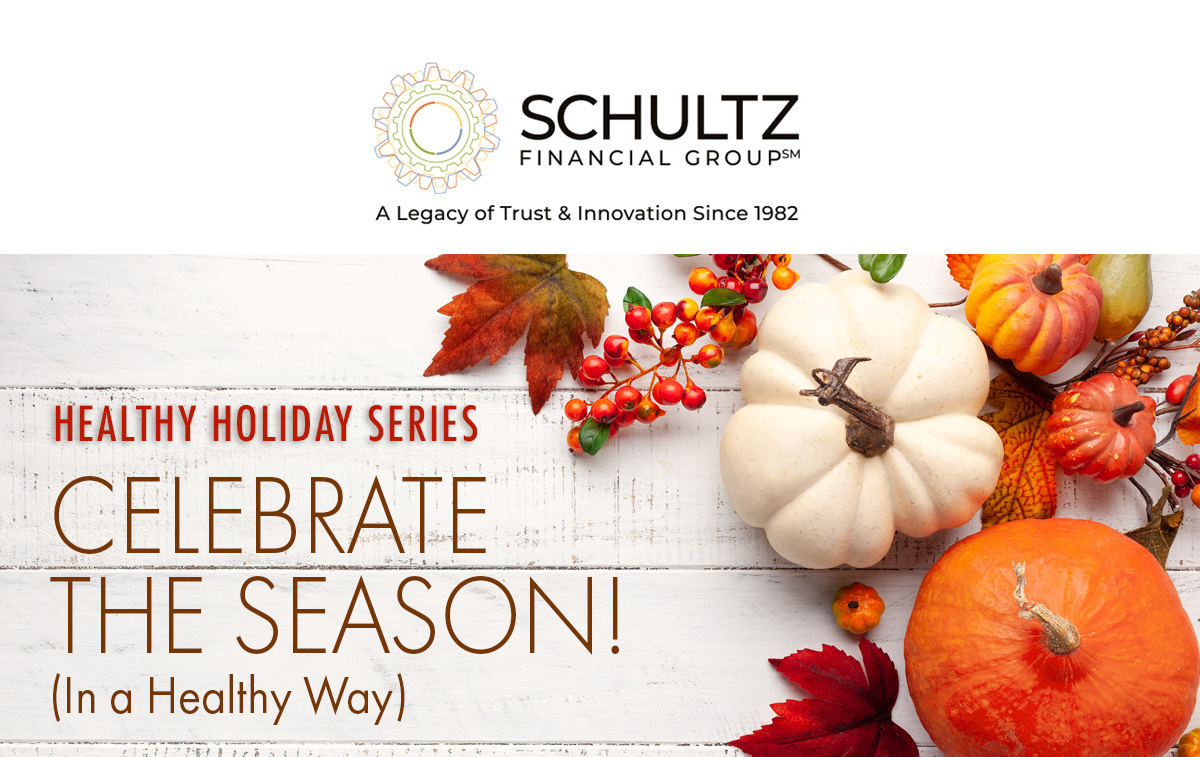HEALTH
Seasonal Produce
Many fruits and vegetables are available year-round; however, evidence suggests that “eating seasonally” (eating produce when it grows naturally in your climate) has benefits such as: enhanced nutritional quality, reduced environmental impact, cost savings, increased variety and better taste.
WHAT YOU CAN DO
- Shop at a local farmer’s market
- Subscribe to a CSA (Community-Supported Agriculture) Program
- Find one near you using the Local Harvest search function
- Here is a list of CSA Programs in the Reno-Tahoe area
- Use the USDA’s Seasonal Produce Guide to build your Grocery Shopping list
- Check out your November Tufts Health and Nutrition Letter (p7) for a list of seasonal produce
- Try some of our favorite seasonal recipes:
*We also love the Italian Clean-the-Fridge Vegetarian Chili featured in the October issue of your Tufts Health and Nutrition Letter.
Physical Activity
Consuming nutritious food is only one part of supporting good health. Physical activity is another key component of healthy living. Rather than spending energy trying to ignore the delicious holiday treats, focus your energy instead on consistent daily movement. You may even find that by adding exercise to your routine, that extra cookie may not be as tempting!
WHAT YOU CAN DO
- Daily Walk. Implement a daily walking routine. If you are pressed for time, schedule your walk during a work call. If you are planning to call a family member, try walking and talking rather than sitting and talking.
- Virtual Class. The opportunities to find workouts online have increased exponentially with this year’s gym closings. Check out your local gym’s website to see if they are offering virtual classes. 24 Hour Fitness, Lifetime and Planet Fitness have all implemented online classes. CorePower provides a robust yoga offering and OrangeTheory has taken their classes online.
- Fitness Platforms. In addition to virtual classes offered by gyms, there are many online fitness platforms. The Peloton app offers a variety of modalities, including cycling, walking, running, yoga, meditation, stretching and strength training. You don’t have to own their bike to use it. Obé Fitness offers a similar variety, with the addition of dance, pilates, cardio boxing and barre.
HAPPINESS
Give Yourself Permission
Leverage Habits
WHAT YOU CAN DO
-
Habit Stacking. Stack your happiness task with something you already do habitually. Use the structure: After/Before [current habit], I will [new habit]. For example, If calling a loved one brings you happiness, but you aren’t doing it as much as you’d like, try stacking the phone call with your habitual morning coffee. While you are waiting for the coffee to brew, make your phone call.
-
Accountability. Research has demonstrated that voicing a commitment to an accountability partner increases the chance of success. Scheduling accountability appointments with your partner increases the chance of success even further. If you know that reading a book will bring you joy, tell a family member that you will call or text them daily after you have read for 30 minutes. You are now being held accountable by that family member and know you will receive a call after a missed day!
Contribute
Try doing something for someone else. Bringing a smile to someone’s face will in turn bring you joy.
WHAT YOU CAN DO
- Get Creative. Make someone a gift. Creativity can be therapeutic and also can help you exercise mindfulness. Here is an extensive list to get you started.
- Send a Card or Handwritten Letter. Given the advances in technology, sending a handwritten letter or a card just to say hello is rare, but is a meaningful act of kindness. Find a blank card with an uplifting image, write a nice note inside and send it to a friend.
If you have other tried and true strategies to bring health and happiness to the holiday season, we’d love to hear from you!
Clear, J. (2018). Atomic habits: Tiny changes, remarkable results: an easy & proven way to build good habits & break bad ones.
Wunderlich SM, Feldman C, Kane S, Hazhin T. Nutritional quality of organic, conventional, and seasonally grown broccoli using vitamin C as a marker. Int J Food Sci Nutr. 2008;59(1):34-45. doi:10.1080/09637480701453637
Nicole Schultz Ninteau is the Physical Capital Resources Manager with Schultz Financial Group Inc.
Schultz Financial Group Inc. (SFG) is a wealth management firm located in Reno, NV. Our approach to wealth management is different from many other wealth managers, financial advisors, and financial planners. Our team of fee-only fiduciaries strives to help our clients build their wealth across four capitals: Financial Matters, Physical Well-being, Psychological Space, and Intellectual Engagement. We provide family office and wealth management services to clients located in Nevada, California, and other states. If you’d like more information, please check out our website or reach out to us via our contact page.
